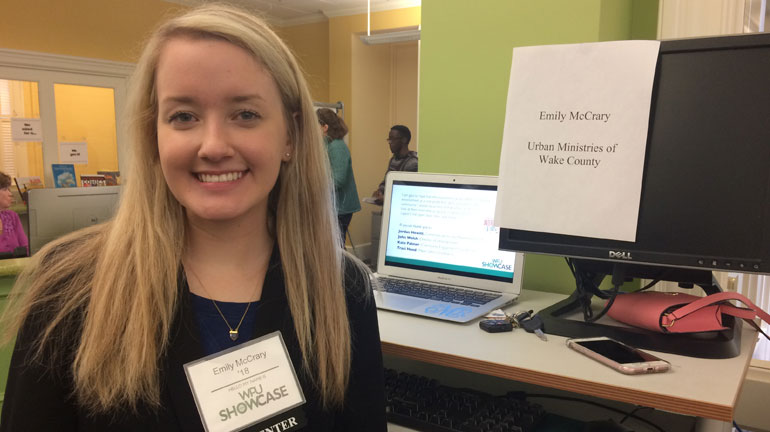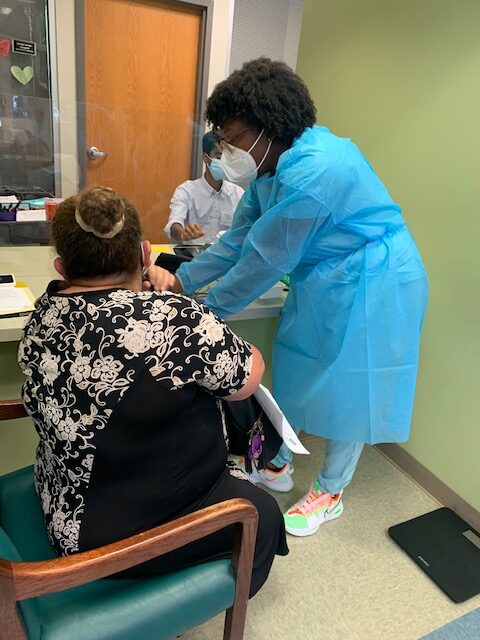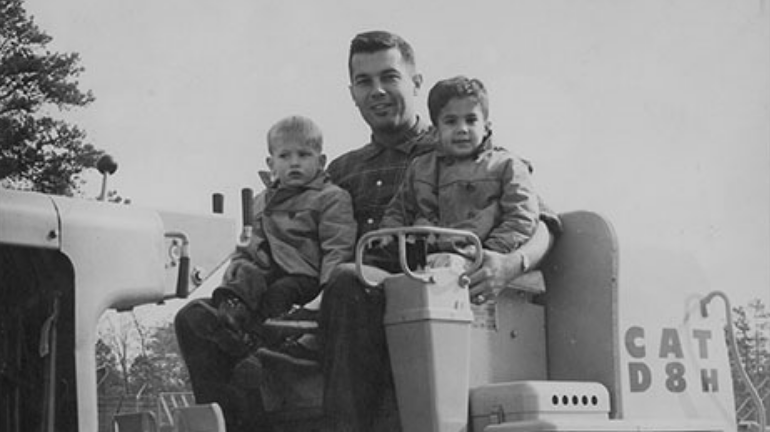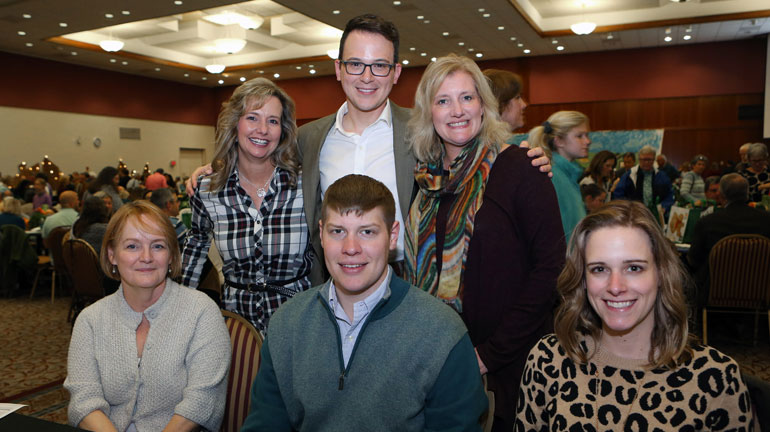My name is Emily McCrary and I am a Development Intern for Urban Ministries of Wake County as well as a psychology undergraduate student. I am especially interested in the mental health field and was excited to have the opportunity to learn more about mental health outreach from Ana Maria.
Ana Maria is the Behavioral Health Counselor here at Urban Ministries. Patients are referred to her through the Open Door Clinic because Urban Ministries seeks to make counseling services readily available to those in need. In honor of mental health month, I sat down with Ana Maria and asked her a few questions regarding mental health awareness. Understanding mental health is important year-round, but May has been observed as Mental Health Month since 1949 to increase awareness and generally educate the public.
What is mental health awareness month?
Mental health month is observed in May. This is the month to create awareness about mental health through different efforts. At Urban Ministries, we offer counseling for all of our patients who are interested in pursuing short term psychotherapy.
What are a few of the most common types of mental health problems that exist?
At Urban Ministries, the majority of referrals are for depression and anxiety. NAMI (National Alliance on Mental Health Issues) has a full list of some common mental health problems.
Is it hard to get medical coverage for mental health treatment?
If you don’t have insurance, there are some mental health agencies that are authorized to use funding to help people have access to mental health treatment. There are resources, but sometimes these resources aren’t enough.
There may be other issues, such as the patient doesn’t have transportation, or it is hard to get in contact with the patient if they have a phone but they stop being able to pay for cell service.
One of the main barriers is the stigma around seeking help for mental health issues. It’s not the same as going to the doctor in society.
How does someone find a therapist?
You can talk to your primary care provider, call Alliance Behavioral Health, and tell them what county you are in. Alliance Behavioral Health can help with other languages like Spanish.
There are other places like Psychology Today, but if you don’t have insurance this may not help. Psychology Today is mostly private practices. Some people in private practice also take Medicaid.
Some universities also have mental health clinics. A school counselor can also help refer patients out.
How do I help a family member, friend or someone I know who shows other signs of a mental illness?
By talking to that person in a nonjudgmental way, helping them to access a referral source, and encouraging them to talk to their doctor and see if they can help. And by trying to encourage them to reach out to a therapist or counselor. The primary care provider would be a good place to start.






